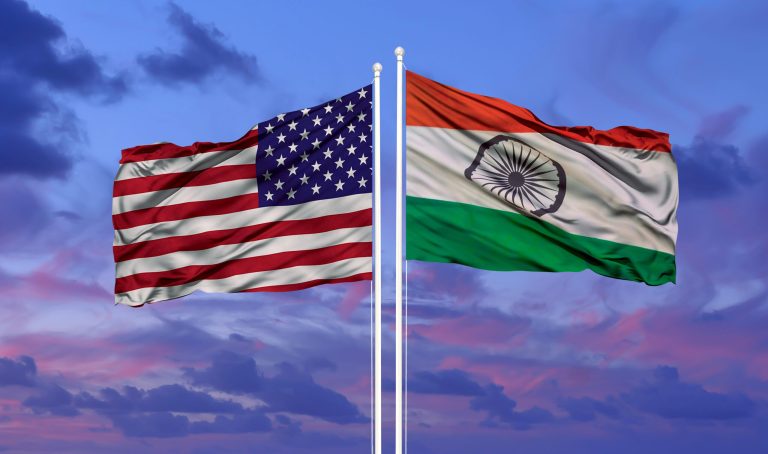As the 2024 US presidential election approaches, investors and market analysts are keenly assessing potential outcomes for India’s IT sector.
With US-India trade relations closely tied to American policy, especially in the tech space, Indian IT giants like TCS, Infosys, Wipro, HCL Technologies, and Tech Mahindra could see major impacts based on the election’s results.
US clients account for more than half of these companies’ revenue, underscoring the stakes involved.
According to the India Brand Equity Foundation, the Indian IT and business services market is projected to reach nearly $20 billion by 2025, with American clients being instrumental in this growth.
Trump’s ‘America First’ policy could challenge outsourcing
If former President Donald Trump were re-elected, experts predict potential obstacles for Indian IT firms due to his “America First” agenda.
Trump’s administration has a track record of scrutinizing immigration, notably H-1B visas that are essential for Indian professionals working in the US.
Under a Trump administration, restrictions on H-1B visas could intensify, limiting the number of skilled Indian workers able to support US clients.
Months after he became president in 2016, companies like Infosys, Cognizant and Tech Mahindra had announced redundancies.
For example, in 2017, Infosys had announced plans to lay off about 1,000 employees at senior levels based on performance-based processes, and also said it planned to hire 10,000 Americans over the next two years.
Several analysts including those from BoFA Merrill Lynch, BNP Paribas, Nomura, among others, had also downgraded stocks of Cognizant, Wipro, MindTree, etc.
In a recent report, PhillipCapital noted that the short-term effects of a Trump victory would be felt across the Indian IT sector due to his stringent immigration stance.
Indian companies, however, are preparing for these challenges.
“Indian IT firms have adjusted their strategies to reduce dependency on H-1B visas,” the report states, “increasing local hiring, utilizing subcontractors with existing work visas, and expanding near-shore centers in Canada and Mexico.”
These measures provide a buffer for Indian firms, although a restrictive visa policy could still limit opportunities and profitability for high-skilled Indian professionals.
Harris victory could ease immigration policies and boost IT
Conversely, if Kamala Harris wins, the outlook could be more favorable for India’s IT sector.
Past elections have shown that the Indian IT sector tends to perform better under Democratic administrations.
Following the Democratic win in 2020, Indian IT giants like TCS, Infosys, and Wipro saw stock gains between 17% and 29% in three months, highlighting the sector’s positive response to Democrat-led policies.
Known for a progressive stance on immigration, Harris is expected to promote policies that expand pathways for high-skilled immigrants, benefitting Indian professionals and tech talent.
Easing restrictions on H-1B visas, a significant resource for India’s IT workforce, would allow Indian firms to deploy more talent to meet US demand, a crucial factor in an era of digital transformation and rising tech needs.
According to Saurabh Patwa, Head of Research at Quest Investment Advisors, “US elections generally don’t impact IT spending patterns of US corporations, so the election cycle itself might not significantly alter the sector’s trajectory.”
However, he also highlights that certain policy shifts, especially on immigration, could lead to improved operational flexibility for Indian firms under a Harris administration.
The post How 2024 US election could shape India’s IT sector appeared first on Invezz

